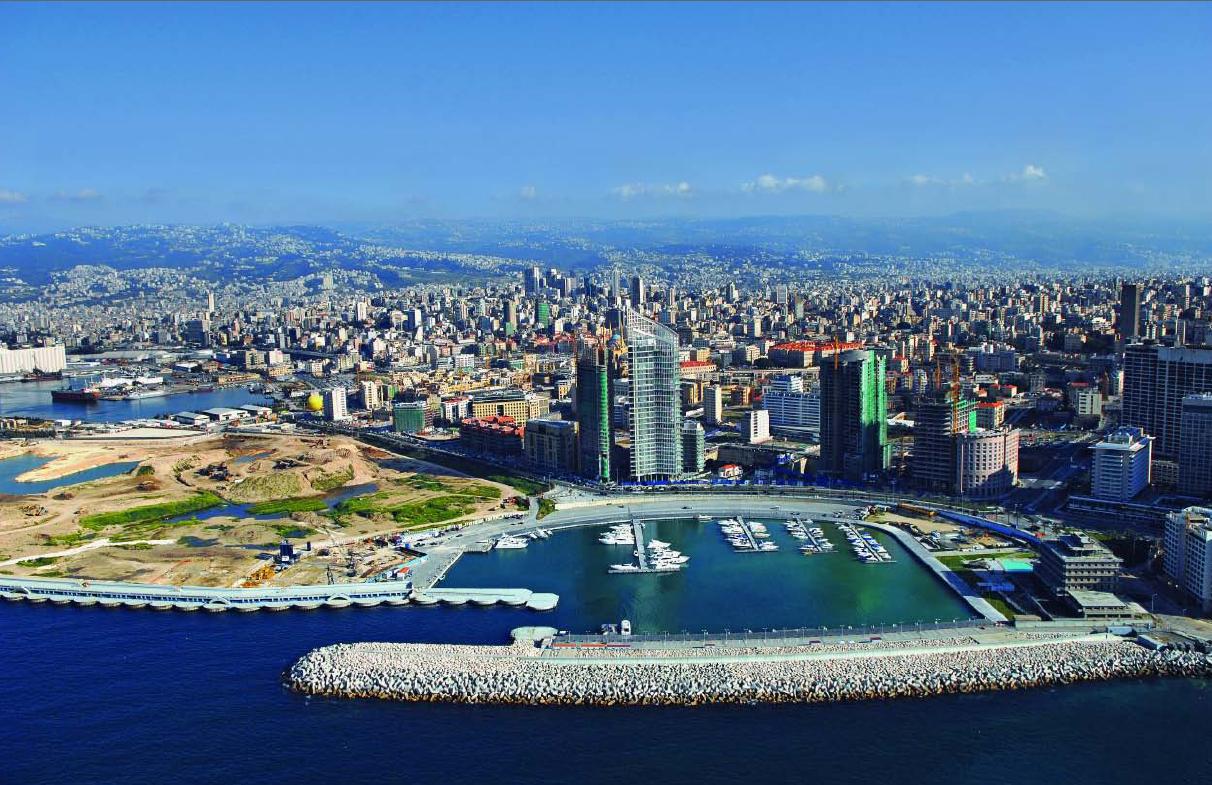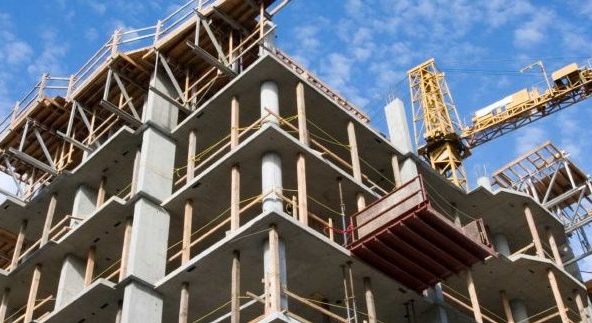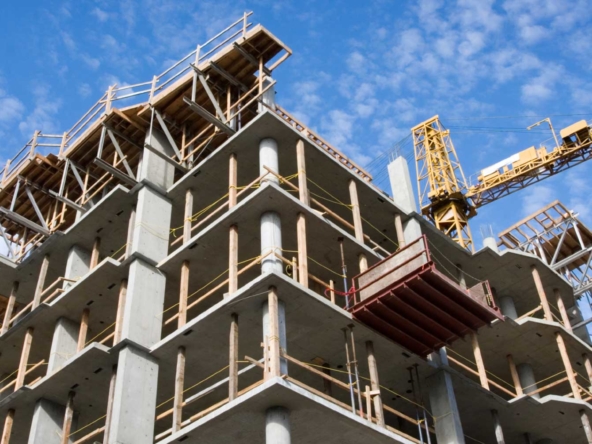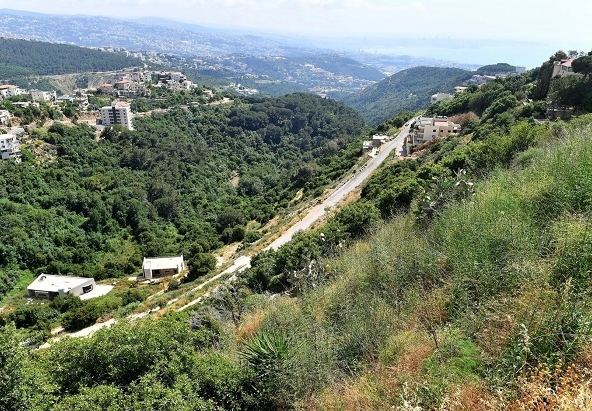Real estate Lebanon – How Lebanon can encourage expats to invest in country
As chairman of the Economic Committee at the World Lebanese Cultural Union, my role and the role of the body is to maintain, encourage, develop and increase trade, commercial and investment relations between the Lebanese diaspora around the world and Lebanon.
BDL’s figures show Lebanese expatriates have sent an average of $7.2 billion per year in remittances to their families and relatives in the country over the 2011-15 period. These flows are used for consumption, which contributes to economic activity and has helped the country’s economy avoid recessions during periods of political instability.
But Lebanon can benefit a lot more from the vast resources and willingness of Lebanese expatriates to support their countries. In fact, our objective at the World Lebanese Cultural Union is to convince Lebanese expatriates to invest another $7.2 billion in productive sectors in the country. However, the approach of Lebanese authorities, politicians, the media and the private sector toward the diaspora has been disappointing at best. Our politicians in particular consider Lebanese expatriates to be bank accounts to use and abuse. For example, we keep hearing numerous voices from Lebanon holding the diaspora responsible, and even making expatriates feel guilty, for the economic survival of the country. We constantly hear calls from numerous stakeholders in Lebanon’s public and private sectors for expatriates to invest in Lebanon. They regularly ask the expatriates to buy real estate in the country, spend their vacations in Lebanon, send their children to local schools and universities, and contribute to financing rural development projects, among other innumerable requests.
But Lebanese expatriates have become very reluctant to commit to their country of origin as the figures clearly show. According to the U.N. Conference on Trade & Development, greenfield foreign direct investments in Lebanon reached a mere $75 million in 2015, the lowest level among Arab countries last year, and were at an embarrassingly low $35 million between April 2015 and April 2016. Greenfield foreign direct investment represents investments in new projects that require capital expenditures and that create jobs. These investments come overwhelmingly from Lebanese abroad. Also, total FDI in Lebanon declined from 12.5 percent of GDP in 2009 to 4.6 percent of GDP in 2015.
The decline in foreign investments in Lebanon is attributed to fundamental domestic reasons, which are the poor and deteriorating investment climate, the weak business environment and the decline in the economy’s competitiveness. Here are some indicators:
Lebanon ranks in 101st place out of 140 countries on the World Economic Forum’s 2015-16 Global Competitiveness Index, meaning 72 percent of economies around the world are more competitive than Lebanon. As such, Lebanon’s economic competitiveness is at par with Nepal, Gabon and Mongolia.
Lebanon is the third least competitive economy in the Arab world, ahead of only Egypt and Mauritania
Real estate Lebanon
According to the World Economic Forum’s survey of Chief Executive Officers of companies in Lebanon, the most problematic factors for doing business in Lebanon are government instability, the inadequate supply of infrastructure, the burden of the public sector’s bureaucracy, and corruption.
The World Bank’s Enterprise Survey on the quality of infrastructure in Lebanon shows that firms operating in Lebanon incur 51 electricity outages on average per month, third highest globally behind Pakistan and Bangladesh. Iraq incurs fewer power cuts than Lebanon, so do Chad and Burundi.
The World Economic Forum’s 2015-16 Global Competitiveness Index shows 85 percent of countries around the world have a better road network than Lebanon. As a result, car tires are the most advertised product on Lebanese radio stations.

Lebanon ranks in 123rd place out of 188 countries on the World Bank’s 2016 Ease of Doing Business survey, which means that two-thirds of countries around the world have a better business environment.
Lebanon ranks in 132nd place out of 140 countries on the protection of intellectual property rights, and the software piracy rate in the country is at 70 percent, one the highest rates in the world.
Lebanon ranks in 104th place out of 140 countries on the efficiency of the judicial system to settle disputes, which means that 74 percent of countries around the world have a more efficient judicial system.
Lebanon ranks in 114th place out of 140 countries in terms of the burden of government regulations on the economy, which shows that 81 percent of countries around the world have less burdensome regulations for business activity.
Lebanon ranks in 128th place out of 140 countries in terms of foreign direct investment and technology transfer, which means that 91 percent of countries worldwide have a better investment climate.
Lebanon ranks in 139th place out of 140 countries in terms of wasteful government spending.
The positive side to these negative indicators is that they are all self-inflicted injuries, which means that they can be remedied locally in case the necessary political will exists to implement the needed reforms.
These are not confidential figures. They are publicly available figures and rankings that Lebanese investors, businessmen, bankers and entrepreneurs around the world have access to and are very familiar with. Further, Lebanese expatriates have the option to invest their hard-earned money in almost every advanced and emerging market, with governments and private sectors around the world competing fiercely to attract investments.
The question that we in Lebanon should ask ourselves is not “What are expatriates doing for Lebanon?” The more relevant question is “What are we doing in Lebanon to encourage Lebanese expatriates to invest in the country?”
The answer to the second question is that we are doing almost nothing. We are discouraging Lebanese expatriates from investing in Lebanon due to the poor and deteriorating investment climate, the weak business environment and the decline in the economy’s competitiveness. The letter I have received from Lebanese expatriate Claude Geaitani, a fourth generation Lebanese immigrants in Mexico, summarizes the difficulties and frustrations of investing in Lebanon, even in a very small venture like the food truck business Geaitani wanted to start. Geaitani faced a series of never-ending administrative requests to acquire a simple license, as well as a lack of transparency when dealing with the public administration, which made him reconsider investing in his project. I am sure there are large numbers of expatriates who are ready to share their own frustrations about the business and investment climate in Lebanon.
Lebanese expatriates work hard for their money and will invest it based on sound decision-making, rather than due to romantic notions such as “attachment to the homeland” or “duty toward the home country,” among other clichés.
Lebanese expatriates are fully aware that the election of a president will not solve the structural weaknesses of the investment climate in the country, and they will not rush to invest just because Parliament ends up electing a president. They need to see concrete steps to regain their confidence and trust.
The only way to motivate the Lebanese diaspora to consider investing in Lebanon is through a massive awareness and lobbying campaign to implement the reforms that would make Lebanon an attractive destination for investors.
The campaign would have two complementary segments:
The first consists of being frank and direct with the diaspora by acknowledging we understand their concerns, that we need to do the necessary work to regain their trust, and that we need to upgrade our investment climate and business environment to be on their radar screen.
The second consists of a massive public lobbying campaign through a media strategy that highlights the urgent need for Lebanese authorities to upgrade the infrastructure, improve the investment climate and the business environment through concrete and measurable steps.
The campaign will require funds to reach Lebanese expats around the word and to finance the domestic media lobbying campaign. I suggest BDL calls on the Lebanese private sector to finance this campaign, and to pledge to match any amount that the Lebanese private sector provides. This way, Lebanese residing in the country as well Lebanese expatriates will find out who is serious and ready to support the economy and to mobilize the expatriates’ potential, and those who are negligent toward the Lebanese economy.
The Lebanese private sector has every incentive to finance such an initiative, as every sector would benefit from an improved business environment and from a return of investments from the Diaspora.
Also, I am confident BDL will succeed in initiating this campaign, given its track record of success and the level of confidence it enjoys from Lebanese expatriates worldwide.
Antoine Menassa is chairman of the Economic Committee at the World Lebanese Cultural Union.
The Daily Star on September 21, 2016







